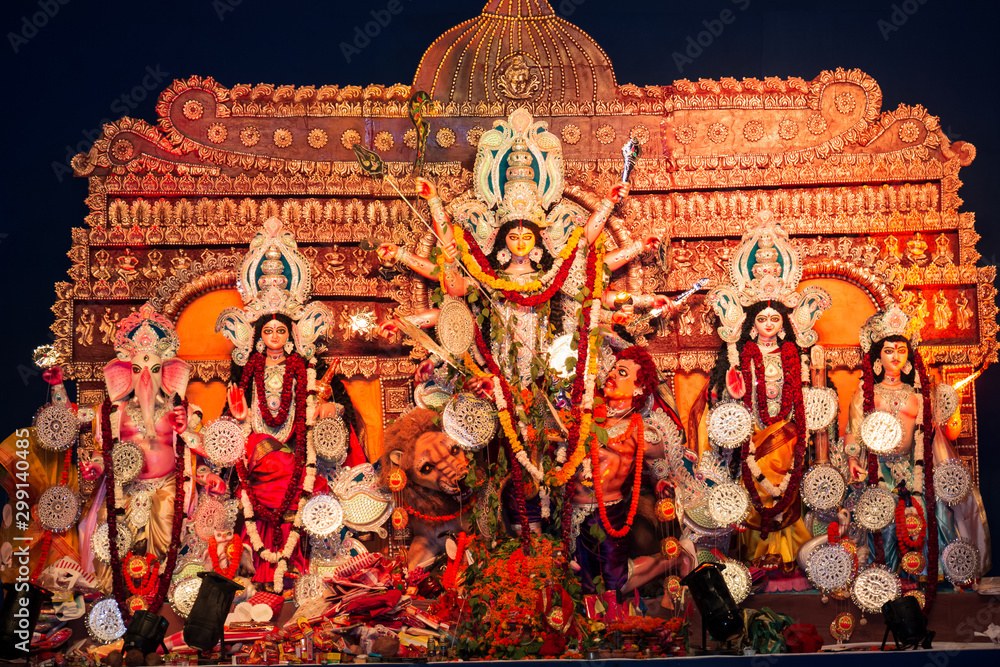
Navratri, Durga, and the Misplaced Comparisons of Modern Times
Navratri is one of India’s most vibrant and widely celebrated festivals, a time of energy, music, fasting, and togetherness. Across the country, cities light up with colorful decorations, people dress in traditional attire, and nights come alive with garba and dandiya. It is a celebration of power, discipline, and perseverance — qualities that resonate beyond religion or ritual.
In recent years, however, Navratri has taken on a different kind of conversation, especially online. Many modern women have begun comparing themselves to Durga, using the festival as a platform to claim symbolic power and authority. Social media fills with posts saying things like, “Every woman is a Durga” or “We all have a Durga inside us.”
But this raises an uncomfortable question: why do they feel entitled to make that comparison?
Maa Durga is revered as a symbol of ultimate strength, fearlessness, and selflessness — someone who embodies discipline and sacrifice. She represents qualities that go far beyond appearance, career success, or modern empowerment slogans. Yet today, some women equate their daily struggles or personal victories with that same stature, without having demonstrated that level of strength or service to society.
It’s worth asking: what have they done to earn that comparison? Living independently, having a career, or standing up for oneself are achievements, yes, but they don’t automatically place anyone on the level of an ideal like Durga. Elevating oneself to divine status too casually diminishes the meaning of the symbol itself.
Interestingly, men don’t make these comparisons. You don’t hear men calling themselves Vishnu, Shiva, or Krishna every time they succeed at work or support their families. They may have role models, but they don’t claim to embody those figures. So why is there a growing trend for women to do so during Navratri?
Perhaps this comes from a cultural shift where festivals are increasingly used for self-promotion rather than reflection. Navratri should be a time to look inward, to embody values like resilience, compassion, and discipline in tangible ways — not just in hashtags or Instagram captions.
Celebrating Navratri is about honoring ideals, not equating ourselves with them. Instead of saying “I am Durga,” maybe the focus should be, “How can I work towards embodying even a fraction of her values in my daily life?” That humility and self-awareness would make the festival far more meaningful, keeping its spirit alive in a modern world that often prioritizes image over substance.
